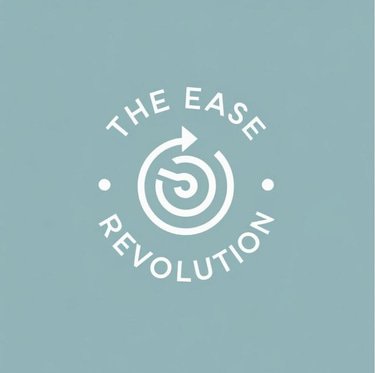The Science of the Impossible: Why We Might Be Wrong About Reality
We think we know. But do we?
FIND YOUR INNER COMPASS
8/20/20252 min read


We think we know. But do we, really?
Most of us walk through life with quiet certainty. Science gives us explanations. Philosophy gives us frameworks. Culture gives us a sense of order. And with that, we believe the case is closed on what’s real and what’s not.
But then something comes along that cracks our certainty wide open.
Neuroscience expert Dr. Tara Swart points to emerging evidence that communication may be possible after death.
Unbelievable? Absolutely.
But history reminds us: every breakthrough starts this way: mocked, rejected, feared.
The History of “Impossible”
Consider this:
Electricity was once dismissed as dangerous and unnatural.
Germ theory—the idea that invisible microbes cause disease—was laughed at for decades.
Flight was ridiculed; people said the human body wasn’t meant to leave the ground.
The internet? Once brushed off as a passing fad.
Every single one of these “impossible” ideas eventually became obvious.
Which makes you wonder: what are we dismissing today?
The Limits of Our “Truth”
Our truth is always evolving. What we accept as reality is less about ultimate facts and more about collective agreement.
The question is: how many realities are we ignoring right now?
That consciousness might exist beyond the brain.
That time and space may be far more fluid than we imagine.
That human beings could be connected in ways that defy logic or measurement.
If history has taught us anything, it’s this: today’s impossibility often becomes tomorrow’s truth.
Why It Matters
You might ask: why care?
Because when we dismiss ideas too quickly, we close the door on discovery, growth, and connection. We box ourselves into a narrow version of reality, ignoring what might be waiting just outside our line of sight.
And here’s the thing, opening our minds doesn’t mean abandoning logic. It doesn’t mean trading science for superstition. It simply means holding space for mystery. For the questions we don’t yet have the tools to answer.
The Real Question
So maybe the question isn’t: Is it real?
The real question is:
Are you open enough to explore it?
Breakthroughs never begin with certainty. They begin with curiosity. With courage. With a willingness to ask: What if reality is bigger than what I’ve been taught?
And sometimes, it’s not the answers that transform us.
It’s the willingness to keep asking the questions.
✨ Reflection for you:
What have you dismissed as “impossible” that might deserve a second look?
